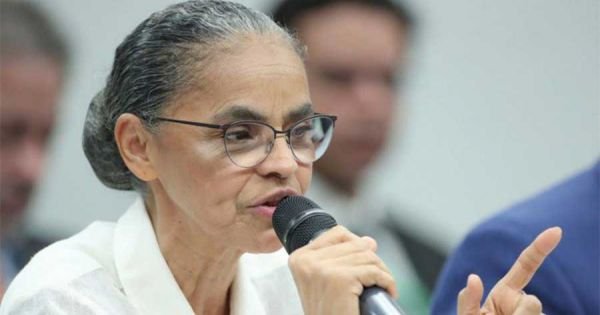G20 team approves 10 principles on bioeconomy
[ad_1]
G20 team approves 10 principles on bioeconomy
Our purpose today is to establish guiding principles that will serve as a basis for the development of the bioeconomy, said Brazilian Climate Change Minister Marina Silva
A G20 team conferring in Rio de Janeiro ahead of the November Summit bringing together the 20 largest economies in the world, agreed Wednesday on ten principles regarding bioeconomy developments globally, Agencia Brasil reported. The G20 Bioeconomy Initiative (GIB) reached a historic consensus.
Bioeconomy is a concept that involves innovations based on biological resources, which result in the development of more sustainable products, processes, and services. One of the main discussions associated with the topic is the replacement of fossil-based raw materials with less polluting ones.
“This is the first time that the topic of the bioeconomy has been the subject of a multilaterally agreed document,” the Brazilian G20 Presidency said in a statement. “Bioeconomy is based on the most advanced science and traditional knowledge built up over centuries by indigenous peoples and traditional communities, and represents a promising path for the ecological transition towards a more sustainable and inclusive global economy,” the document also mentioned.
Under the headline “High-Level Principles on the Bioeconomy”, the declaration establishes the agreement between countries to develop efforts to eradicate hunger and poverty, include indigenous peoples and local communities, mitigate the effects of global climate change, contribute to the conservation of biodiversity, promote sustainable consumption and production patterns, use transparent methodologies to assess the sustainability of value chains and leverage innovation through international cooperation, among other topics.
“We are dedicated to exchanging experiences between countries, addressing fundamental issues such as forest economies, the strategic use of biodiversity, including its genetic heritage and traditional knowledge associated with biotechnology, bioindustrialization, and biosafety, among other essential areas. Our purpose today is to establish guiding principles that will serve as a basis for the development of the bioeconomy, in its various aspects,” said Brazilian Climate Change Minister Marina Silva, who attended the GIB gathering.
The creation of the GIB to debate issues related to the bioeconomy is one of the novelties presented by Brazil’s presidency at the G20. It was set up to encourage countries to share successful experiences on the subject.
The G20 is made up of the world’s 19 largest economies, including the European Union and, more recently, the African Union. The group has established itself as a global forum for dialog and coordination on economic, social, development, and international cooperation issues.
In December last year, Brazil took over the G0’s rotating presidency from India. The G20 summit is scheduled for Rio de Janeiro in November when South Africa will take over the pro tempore position.
[ad_2]
Source link




